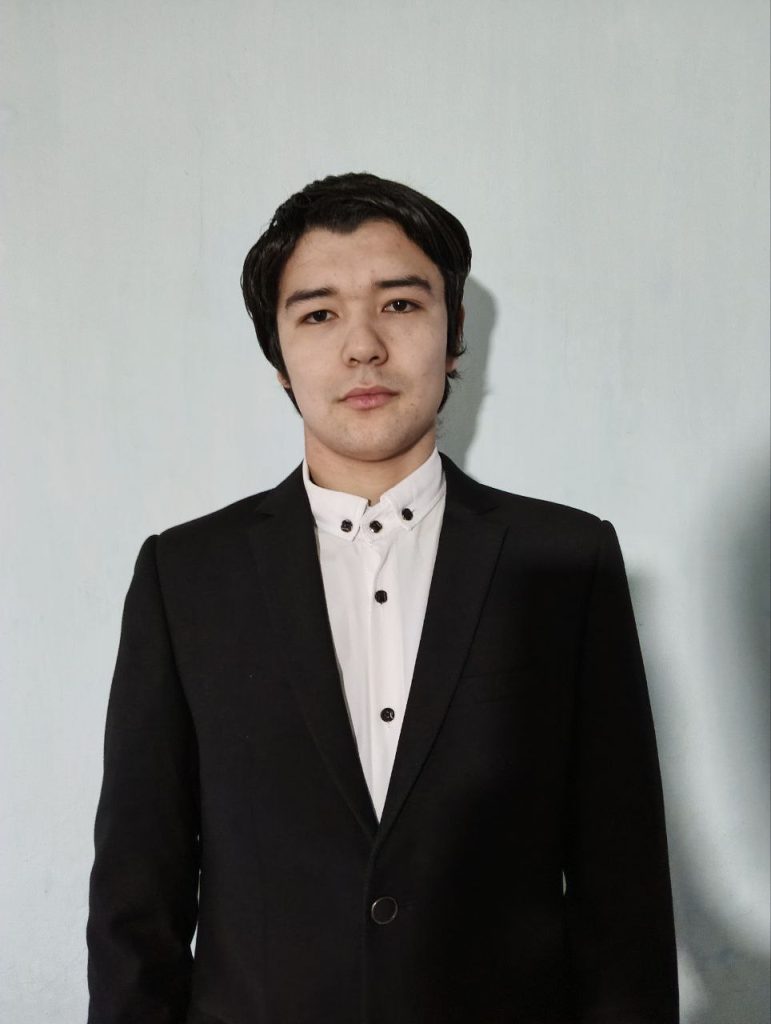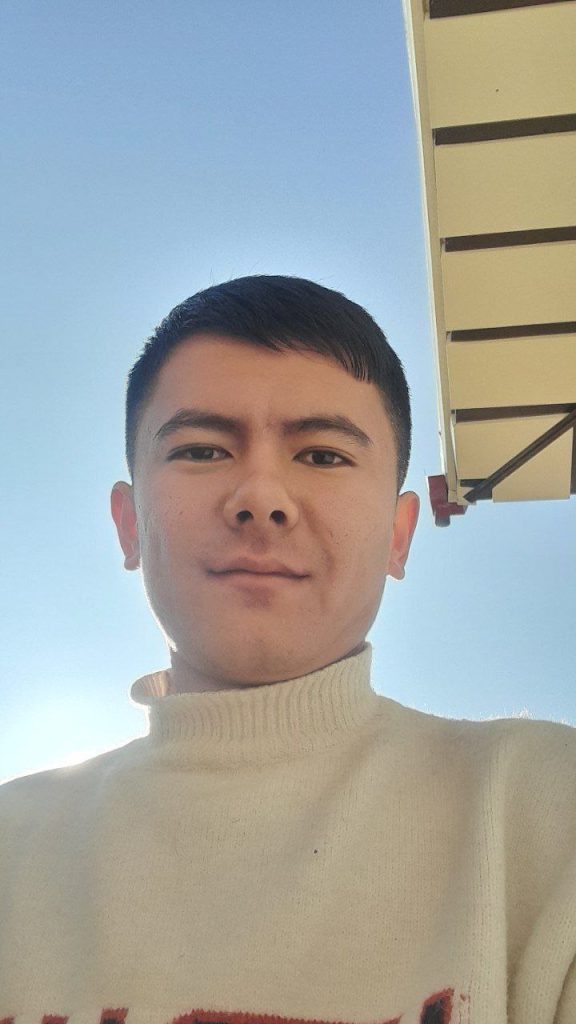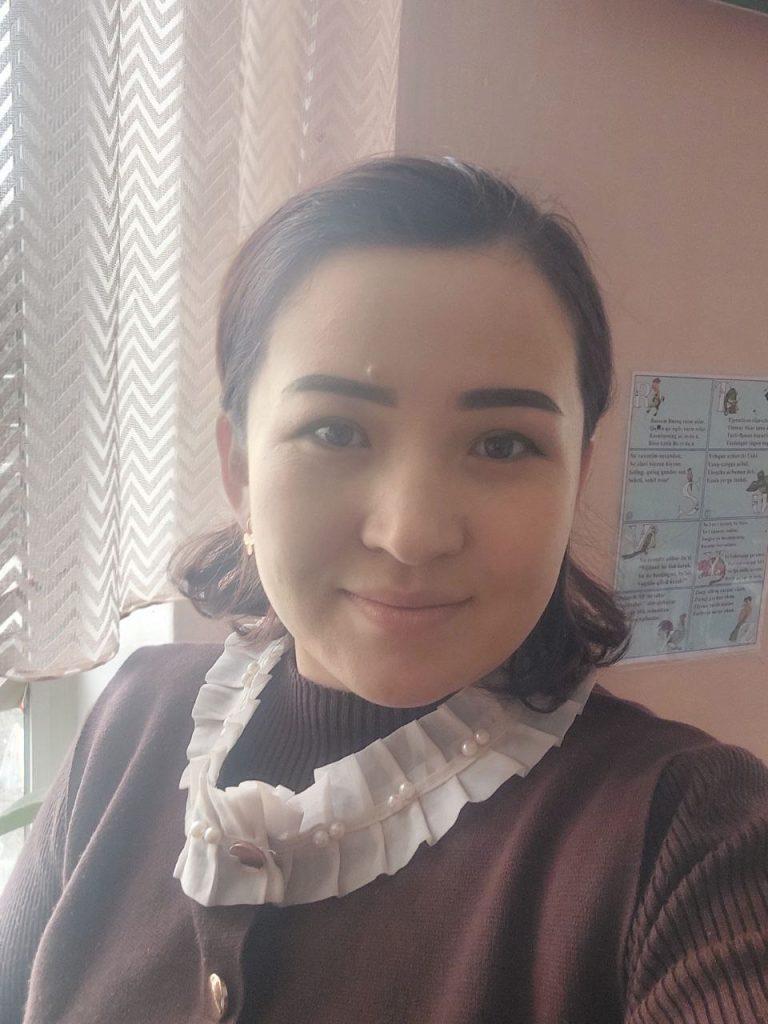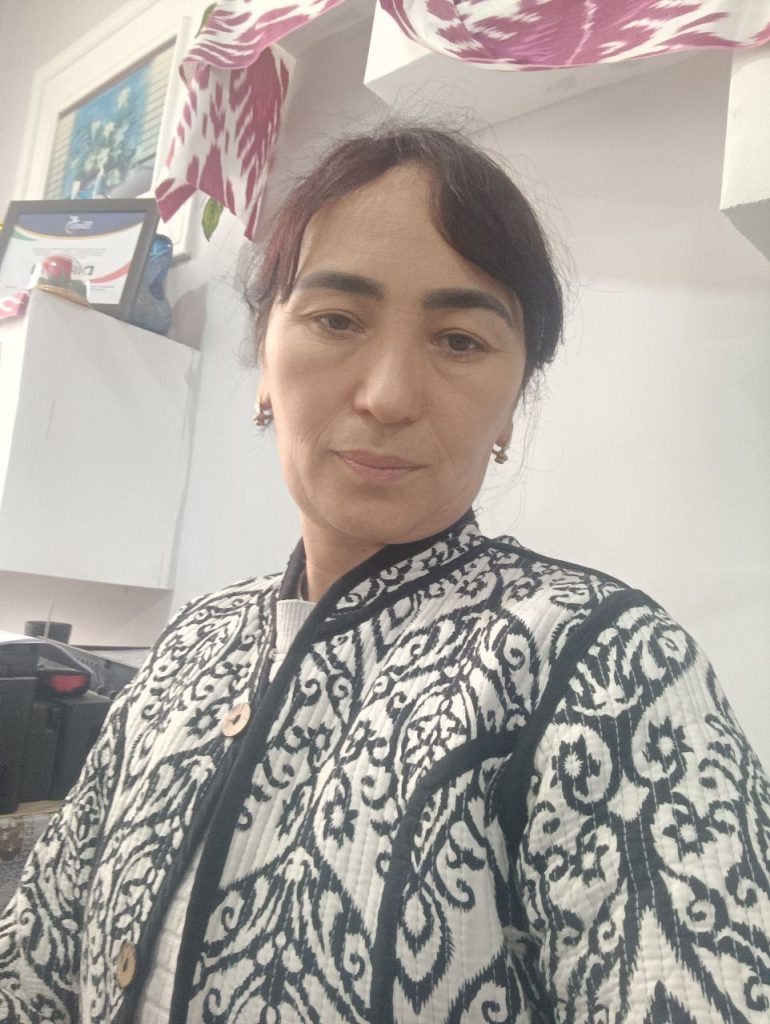The white gaze
“To create is to live twice.”
Albert Camus
“I used to think the goal was to be loved. Now I know it’s to be understood.”
Emma Thompson
We are kind to each other
The cooking utensil to the other
cooking utensils in the drawer
The spoon to the other spoons, yes, everything
must have its place, every trace
of prey, each invisible doorway
into the kitchen
What is courage,
what is increase? It is only a
place to start
The garden is cool,
the tree’s shade
My father’s voice
I murmur a response
The washing hangs on the line
My brother’s daughter strums
a toy guitar, we have a
butternut pizza for supper
We can’t get the boys out of the angry green sea,
nor can we get them out of the jacuzzi
The white gaze lies dormant
in the shade like our brown bodies
We put a plaster on her finger
the wound is bloodless now
I make iced matcha lattes for myself and my dad
I lick the white moustache off my upper lip
Overnight I have turned into a capitalist
My fingers into stars, my legs
into a wave, the bead of the presenter’s
tongue on the television into a fig
The current moves through me
This time it’s personal
It catches the light of the fire
inside my father, inside all of us
The smell of burning meat, drumsticks
The kitchen is time and memory
Legs are tanned, burned by the sun’s time and memory
The boys and my sister play a board game
My mother screams and screams at me
The room grows quiet
A pink geranium grows out of my mother’s throat
Something within me is crushed like a pill
Slowly the sun in my mother’s eyes
turns into a mocking face, a laugh
Its poison is killing me slowly. She is just a woman
and I am just a woman
The moment passes
The child starts to laugh too because my mother is laughing
I break, I break
A wave flows into me and I lose consciousness
It’s evening
The game continues
A woman walks by the house with her dog
The dog barks
There’s a white feather in my mouth
It tastes like snow
Going
“When we can’t think for ourselves, we can always quote.”
Ludwig Wittgenstein
I offer you cranberry bread.
I offer you this knife for the hard cheese.
I offer you this clock.
I offer you the dark.
I offer you this fruit.
I offer you this orange.
I offer you this as a blessing.
I offer you this sweetness.
I offer you this shroud.
I offer you this veil.
I offer you this truth.
I offer you this memory.
I offer you, Africa.
I offer you these gifts.
I offer you equality.
I offer you this ancient sea.
I offer you music.
I offer you this river.
I offer you this garden as meditation.
I offer you the history of this continent.
I offer you this as an alternative.
I offer this to you for our salvation.
I offer this to you because I love you.
I offer you this because today you are getting on a ship,
and sailing far away from me.
I offer you sleep, captor.
I offer you this forest that I dragged behind me
because you have the personality
of foolish paper and the medicine of the wildflower.
I offer you this frozen mist.
I am offering you this blue cat. Take it.
Please accept it gracefully.
Let it be your companion.
I offer the dissolution of the sun.
And now, now I come to peace.
Now I come to minister to you.
I bring you coffee and poetry books.
I will bring you a pen and an empty journal for your thoughts.
It was Christ who brought us this morning.
It is time. It is the hour of your departure.
I turn to embrace you, to say goodbye.
Waiting/Relapse
“Put down the pen someone else gave you. No one drafted a life worth living on borrowed ink.”
Jack Kerouac
“Today I can’t stand myself, and I will force myself to write because you’re unhappy. So, I must mask the monster within and find the landing place. I must smile because I want to see you smile. I must count the days and remain quiet in your presence, because you are not at peace. This is what I tell my mind on bad days.”
I took a walk and found a poem.
It gave me good advice.
It told me to be kind to myself.
It told me to do the dishes,
to go for long walks.
That fresh air is good for me.
It told me to listen to my mother.
It told me to forgive my father.
That to fix my broken brain,
I had to love myself.
I live in the past.
I live inside this year of sadness.
You, the man, are no longer here.
I tell myself that I’m free.
I have no mother.
I have no father.
I am not a daughter anymore.
I have no sister.
I have no brother.
These days I keep to myself.
Birds inside my head.
Birds kept inside mental cages.
The cold sea is a great comfort.
Some nights this pain is endless.
Tonight, the garden is psychotic.
I have been put in isolation.
The door is locked from the outside.
I receive no visitors.
There are bars at the window.
Charles Bukowski’s ghost sits beside me.
He strokes my hair.
He makes me feel beautiful.
I took a sip of his beer.
It makes me feel warm inside, good.
I hear the women’s laughter.
They start throwing stones at me.
Even this pain is medicine.
Although it makes me feel mediocre.
Strong medicine like Chopin.
I finished the bottle.
I hid the green bottle away
under the sheets that felt like winter
I jumped out of the window.
The slow torture of night catches me.
Mrs Williams, the dead pastor’s wife,
told me to stop complaining. You’re alive
for a purpose: to dream, to have a child.
Live, she said. Find reasons to live.
I read a poem by Kobus Moolman.
I write to the Dutch English poet
Joop Bersee. Nothing makes the
darkness go away. My brother
locks me out of the house.
But first, his fist rains down on me.
I disappeared somewhere.
Once Rilke’s wife, always Rilke’s wife.
The cloud hurts.
The sun hurts.
The snail laughs at me.
You couldn’t even land a man, it says.
How to be great, I ask?
Be kind, Oprah says.
So, I am kind.
The world forgets all about me.
Just like my mother did.
On my birthday there was no cake
or presents. There were no red balloons.
I ate beans and rice in the kitchen
with my father. The stigma is refreshing.
The bones of madness is a gem, trivia.
I went on holiday to Provincial Hospital.
This trip taught me to understand others.
It taught me to understand myself more.
Nowadays when depressed I give myself flowers.
I keep my pain to myself.




